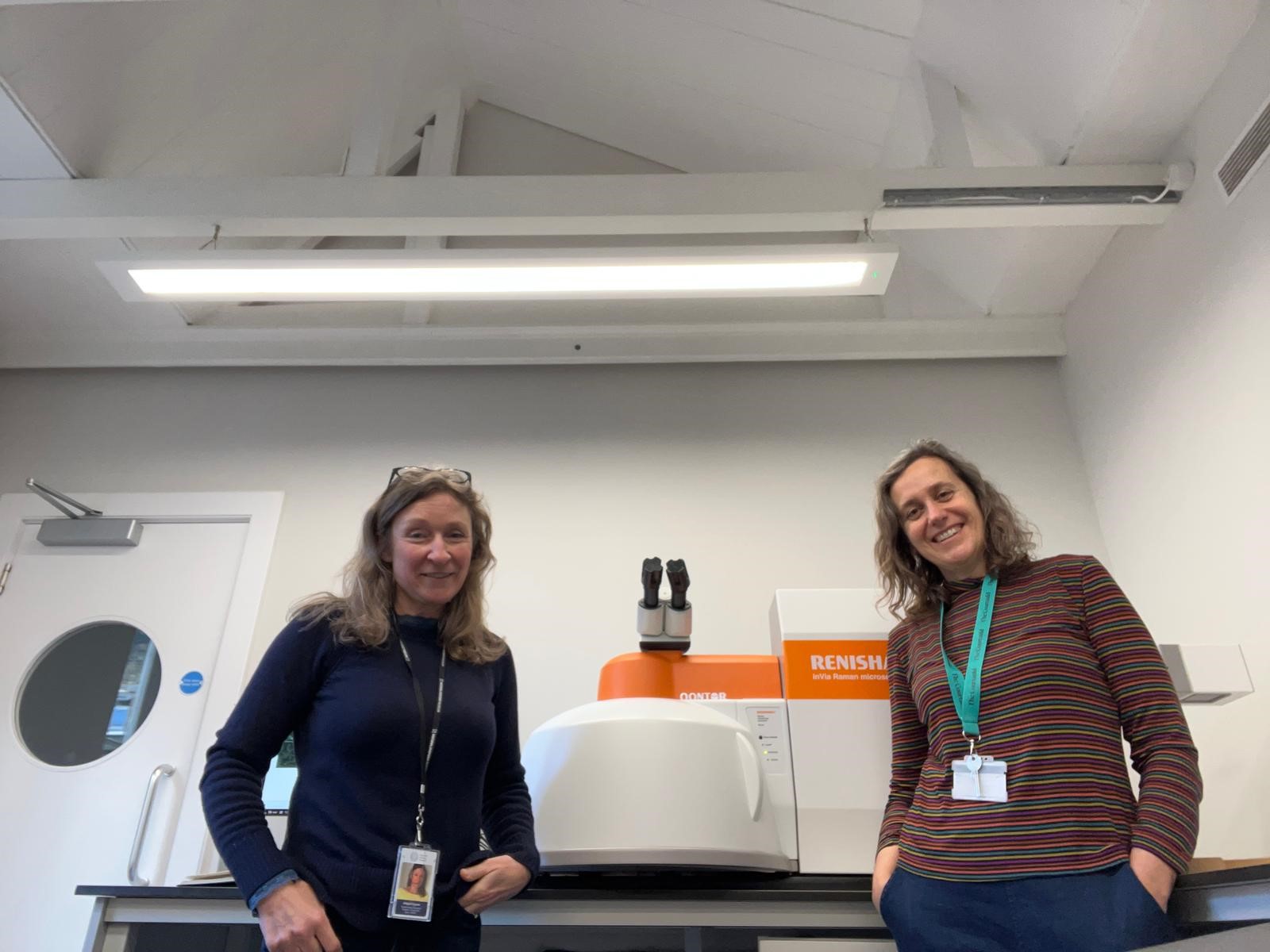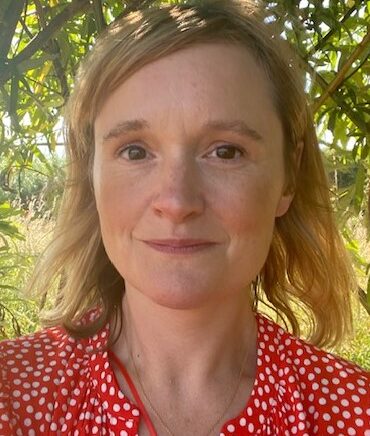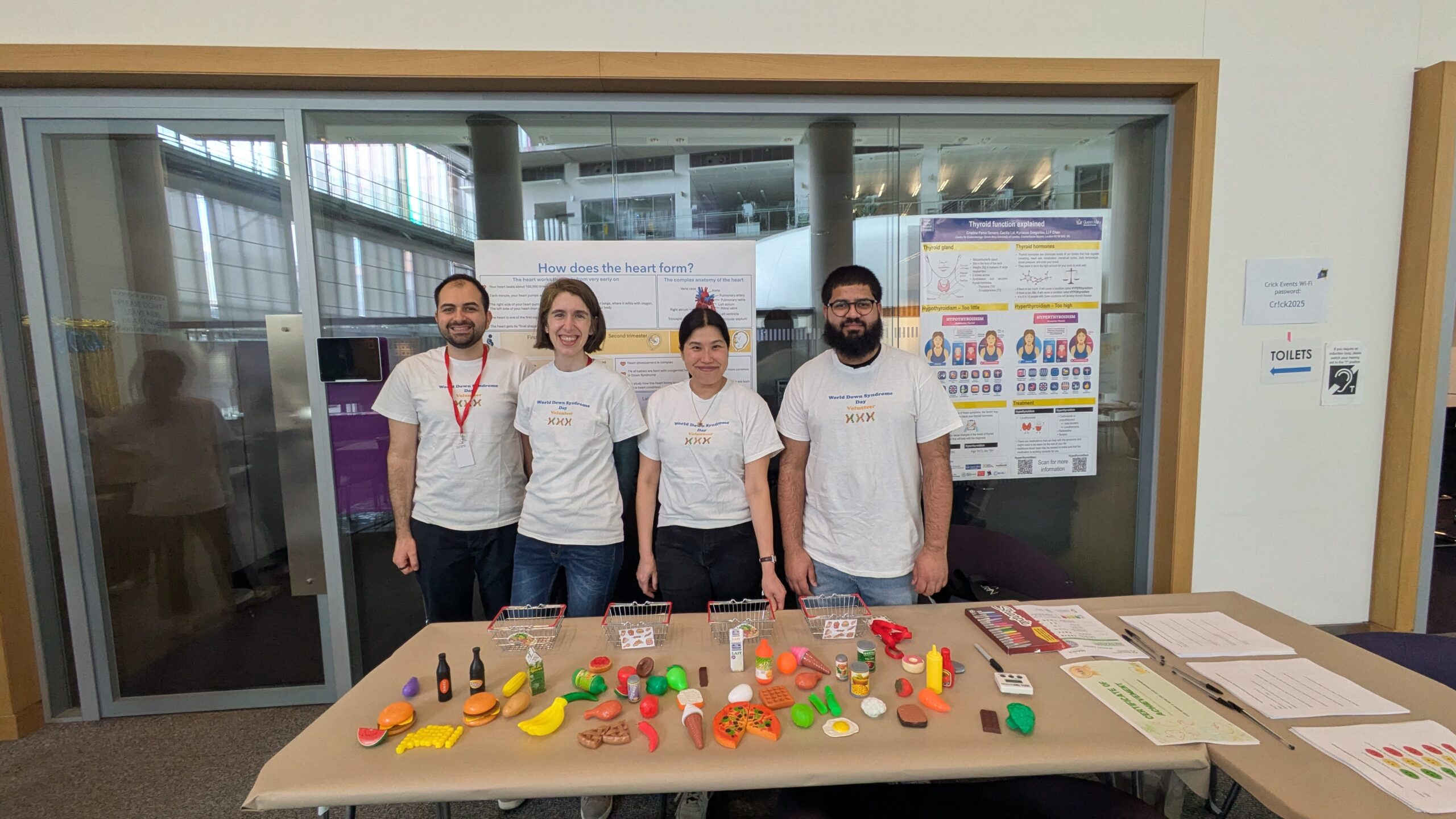When Daphne Jackson Fellows Dr Abigail Ingram and Dr Donatella Banti met at the Daphne Jacksons Fellows Day in 2023, neither suspected that a collaboration was in their future. Both funded by the Royal Society, as well as NERC and the Royal Society of Chemistry, these fellows found that each provided resources they needed, leading to a multi-disciplinary work exchange across institutes.
Abigail has a fellowship at the Natural History Museum, funded by NERC and the Royal Society. For her research project, entitled “The evolution of blue and green shell colour in the Bivalvia,” Abigail needed access to a Raman microscope with the correct laser to identify the pigments in mollusc shells. She exhausted trying her immediate network to get access to the equipment, reaching a roadblock.
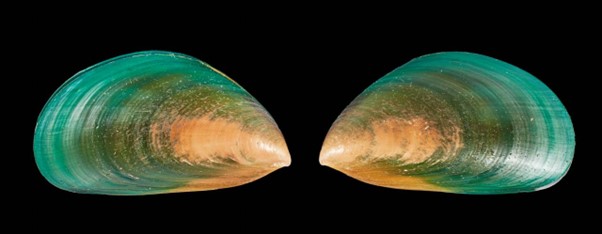
Donatella holds her Daphne Jackson Fellowship at the Courtauld Institute of Art, funded by the Royal Society of Chemistry and the Royal Society. She explains that across museums and the heritage sector
The profession is multidisplinary, and you need access to a wide range of different equipment. With the immense economic pressure, there’s minimal budget for all the necessary equipment and the staff to operate them and it is necessary to network and collaborate.
My supervisor is also very keen to foster this relationship as we regularly use the SEM machines at the Natural History Museum. I also hope that one day this could facilitate access also to other instruments at the Natural History Museum”.
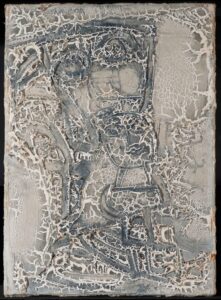
by Franciszka Themerson
In Donatella’s subject area, she uses the Raman microscope together with other instruments to analyse the materials used in paintings (e.g., pigments and binders) in order to gather information on their techniques as well as state of preservation. One example is the painting shown to the right; Mother and Child, 1962 by Franciszka Themerson, which is degraded with large cracks.
Detective work
In both research projects, the researchers explain that it can take a lot of detective work to get to an end result, with no one technique used to definitively give you an answer. Donatella says, “This can be interesting but also very challenging. You can’t be an expert on everything. That’s why it’s so important to work and network with others.”
The two fellows connected at a Daphne Jackson event, and Donatella offered her support and access to the equipment. Abigail comments that:
Donatella has been so kind. There is also less pressure working alongside another fellow, where you feel at the same level. It’s very useful to talk to other fellows using the same equipment but in a different discipline. I changed the preparation method I was using because I did not have confidence in my results. Donatella’s knowledge and experience of what worked for her pigments led me to prepare my shell material in the same way. This enabled me to have reproducible results I felt confident to share”.
“Technicians and researchers working on one technique are fundamental to make sure we extract the maximum amount of information from our samples as well as brainstorming on what other type of analyses or parameters could be useful for our research. Crucially they may well suggest whom / what to try next.”
Knowledge exchange across disciplines
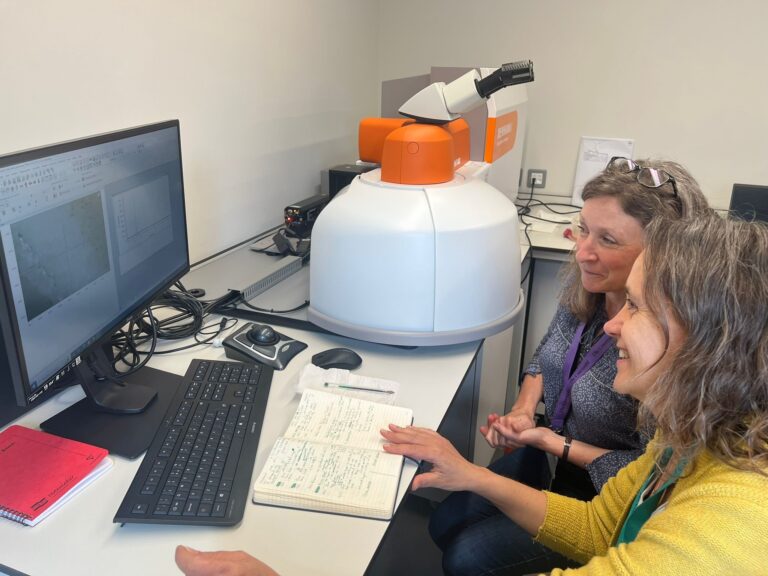
This demonstrates the importance of sharing knowledge and practices from other disciplines, as equipment or techniques could be used across other applications.
Abigail says, “My advice to other fellows would be to use this crucial network of individuals in the same position as you. Especially with Daphne Jackson Fellows being part-time, you don’t want to waste time travelling here, there and everywhere.” You also never know when you may need access to equipment and knowledge in return!
